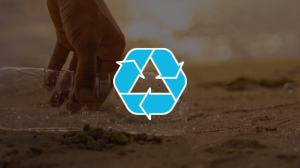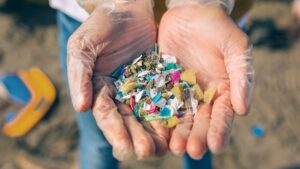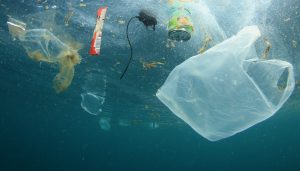How do we solve the plastic waste crisis?
The Guardian asks a panel of experts: how do we solve the plastic waste crisis? Can rethinking plastic save the planet?
We asked a panel of experts: how do we solve the plastic waste crisis – can rethinking plastic save our planet? The experts agree: working together to realise the real value of plastic can transform it from a problem to a solution.
The world has a plastic problem. About eight million tonnes of it ends up in the ocean every year, and the Great Pacific Garbage Patch covers an estimated area the size of Queensland. So much plastic ending up where it does not belong is at the heart of the problem.
It is because of this global failure to keep plastic in its rightful place in the recycling loop that we are seeing a global push led by individuals, NGOs, governments and companies – including major players such as Coca-Cola – towards minimising single-use plastic, improving recyclability and encouraging recycling by consumers, with a view to making single-use plastic a thing of the past.
Consumers can take control of their contribution to the waste problem
Jeff Angel: We have crossed the first hurdle: mainstream recognition that we have a crisis. That has also shown us what a mammoth job is ahead. We now need to disengage from the ridiculous use of a long-living material for short-term uses.
Container deposits certainly create the incentive to return plastic bottles for recycling and a clean flow of material to be reused. Consumer power can be deployed at the individual purchasing level, but also through voicing concern about supermarket packaging practices on social media and in person; pushing government to enact new laws; joining in plastic-free communities; talking to the local media about plastic litter spoiling the environment; and supporting local clean-up and advocacy groups.
Jeff Angel is the founder of Citizen Blue and executive director of Total Environment Centre.



